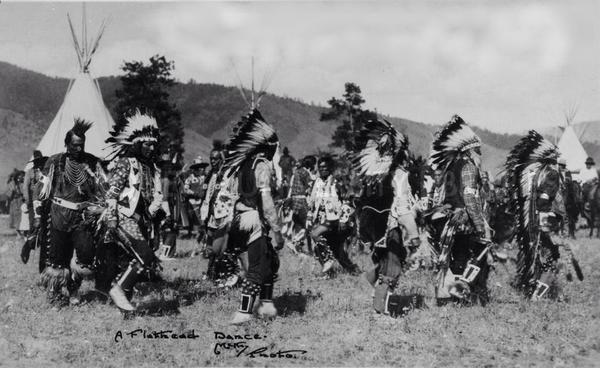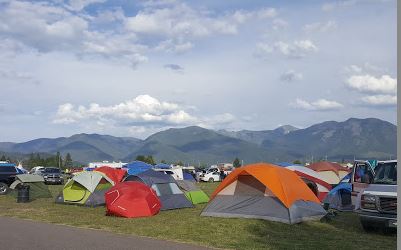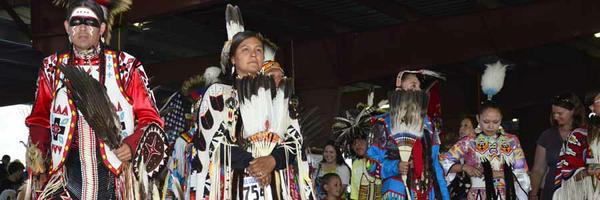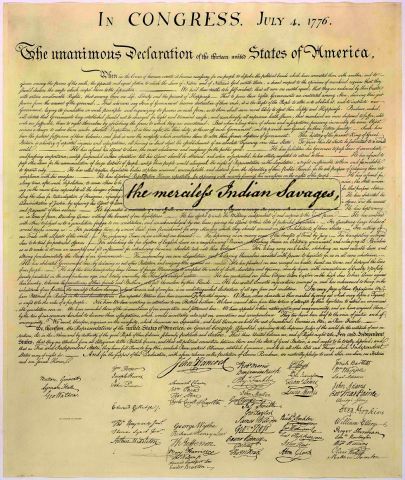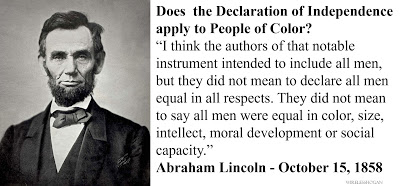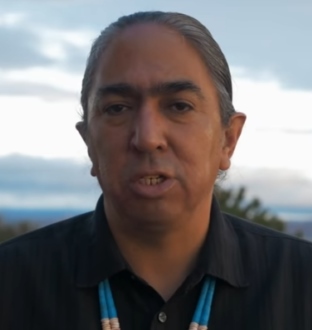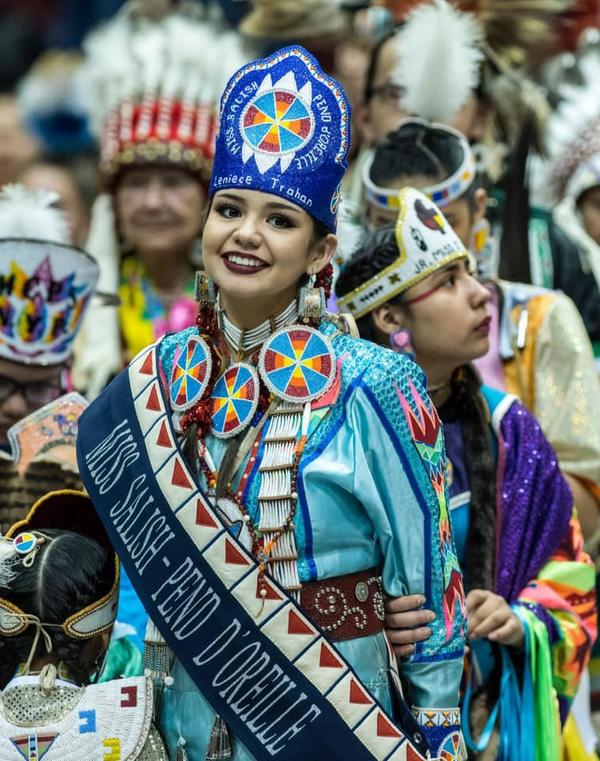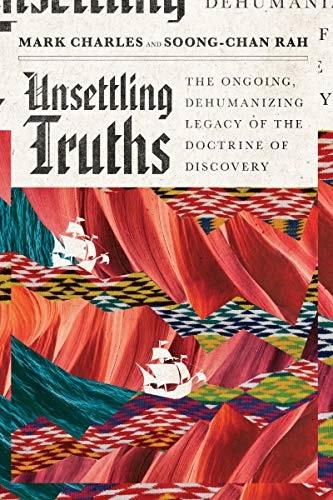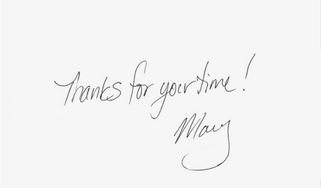July 4, 2024 Hello , I'm a day early this week, so I can hit you up with a feature story on the Fourth of July. All across the country this weekend, Native Americans gather to celebrate with
dancing and drumming, native foods and crafts and sacred ceremony. From North Carolina to Arizona, New York to Oregon and places in-between like Ohio, Oklahoma and South Dakota, the 4th is a choice time for tribes to schedule their annual powwows.
It's not willy-nilly, not in hopes of good weather and not because people get the holiday off.
It's definitely not to celebrate Independence Day.
Face Unsettling Truth & Liberate Your Mind
For uncounted generations, far-flung peoples of The Confederated Salish and Kootenai Tribes gathered regularly in the valleys of what we now call Western Montana. They came to exchange goods, such as salt and salmon from the Pacific Coast, bison
from the Plains and medicinal plants from the mountains. Friends, old and new, came together and they danced, sang, feasted and celebrated memorials and sacred rituals.
Then in the late1800's, as Americans colonized their lands and moved the Salish and Kootenai people to
reservations, native celebrations were outlawed. The tribes were forced to hold their traditional dances in secret.
Authorities descended on an Esyapqeyni, the Salish word for Celebration in the summer of 1891 and tried to break up the festivities. Tribal police and Flathead Indian Agent Peter Ronan threatened to call in U.S. Army troops if the dancing didn't stop.
Around that time, the actual year is uncertain, Salish and Kootenai tribes started a new tradition, scheduling their annual Esyapqeyni on the Fourth of July and telling federal authorities they were commemorating American Independence.
This week, tents and trailers are lined up alongside tepees in the meadows of the Flathead Indian Reservation in Western Montana.
Native people from across North America are arriving for the 124st Annual Arlee Powwow Esyapqeyni. Organizers say it is the oldest Fourth of July powpow in the country.
The summer Powwow offers people the chance to connect, practice ancient traditions and continue the work of carrying on their culture in the face of extraordinary obstacles.
One-quarter of the United States' indigenous population lives in poverty and equal number have no health insurance. Alcohol-related deaths among native people
top the rest of us by more than 500-percent.
High school drop-out rates more than double that of whites and native teens lead the nation in rates of suicide. Is there any wonder many indigenous people give American Independence Day a pass?
"Any holiday that would refer to my people
in such a repugnant, racist manner is certainly not worth celebrating," says Simon Moya-Smith, a culture editor at Indian Country Today. "[July Fourth] is a day we celebrate our resiliency, our culture, our languages, our children and we mourn the millions — literally millions — of indigenous people who have died as a consequence of American imperialism."
"Life, Liberty and the pursuit of
Happiness." Those words by Thomas Jefferson are mostly like the most remembered in our Constitution.
Less-well known are three words a bit farther down the document, where Jefferson refers to "...the inhabitants
of our frontiers, the merciless Indian Savages."
In 1851, our founding fathers' opinions on the subject were voiced succinctly by the first Governor of California Peter Burnett, in his State of the State Address.
“That a war of extermination will continue to be waged between the races until the Indian race becomes extinct must be expected. While we cannot anticipate this result but with painful regret, the inevitable destiny of the race is beyond the power or wisdom of man to avert.”
Several years later, our esteemed Abraham Lincoln validated the white supremacist foundation of our constitution during the famous Lincoln/Douglas debates.
Accused of applying the Declaration of Independence to people of color, specifically to black people, Lincoln responded, “I think the authors of that notable instrument intended to include all men, but they did not mean to declare all men equal in all respects. They did not mean to say all men were equal in color, size, intellect, moral development or social capacity.”
It's easy to think that we've gone beyond the out-dated beliefs of the white men of means who set up this whole American experiment.
Women have had the vote for a hundred years now. Blacks won civil rights half a century ago. But in the last couple years, it's become evident that we as a country are sharply divided about who is included in "We the people..." and who is not.
If you're like me, the problems America faces today often seem overwhelming. Being
confronted with heart-rending statistics can be more depressing than motivating.
Mark Charles, a Tribal Citizen of the Navaho Nation believes that he has the answer to our problems. "Denial is the challenge of our nation...," he says. "EVERY road to healing begins with acknowledging and owning your problems."
He's
been traveling the country advocating for a national dialogue on race, gender and class, a conversation on similar to the Truth and Reconciliation Commissions in South Africa, Rwanda and Canada. "We need Americans, ALL Americans, to be better humans. And collectively, we need to address our foundations," says Mark Charles. "The United States of America is not white supremacist, racist and sexist in spite of our foundations. Our country is white supremacist, racist and sexist BECAUSE of our foundations."
Until change
happens, those who gather this weekend at the Arlee Fourth of July
Esyapqeyni will continue working to preserve their identity and culture. There are victories to celebrate. A former Committee Chairman David Durgeloh Jr., spoke to The Missoulian about pow wow royalty, sometimes named Warrior and Princess they represent the tribe at functions for the following year.
“When we introduce the royalty, the little ones get up and they're speaking in their own language, their native
tongue….It gives me goosebumps to see it.," Durgeloh says. "They used to say our language is dying, but not now, it’s coming back, and it’s amazing.”
Count
success with one hand and seek the truth with the other. Mark Charles is the author of Unsettling Truths – The Ongoing, Dehumanizing Legacy of the Doctrine of Discovery. The United States does not teach a history of America," he says, "it teaches a mythology. Whether it’s the myth that
Christopher Columbus discovered America, Abraham Lincoln abolished slavery or Donald Trump was the only Presidential candidate...promising to “Make America Great Again”, there are many Unsettling Truths we must look at as a nation if we want to create a common memory."
The book earned a starred review from Publisher Weekly that concludes, "This sobering critique presents a
disturbing yet welcome analysis of how the Doctrine of Discovery has split American church and society along racial lines, and makes a powerful argument for engaging in national dialogue around issues of class, gender, and race. The author offers a free chapter-by-chapter book study on YouTube and a book group package + virtual Q&A.
Like my article today? Please share:
Follow me on social media
This newsletter is a reader-supported publication. To support my work, consider becoming a paid subscriber.
Read
a great book? Have a burning question? Let me know. If you know someone who might enjoy my newsletter or books, please forward this e-mail. I will never spam you or sell your email address, you can unsubscribe anytime at the link below. To find out more about my books, how I help students, teachers, librarians and writers visit my website at www.MaryCronkFarrell.com. Contact me at MaryCronkFarrell@gmail.com. Click here to subscribe to this newsletter. |
|
|

